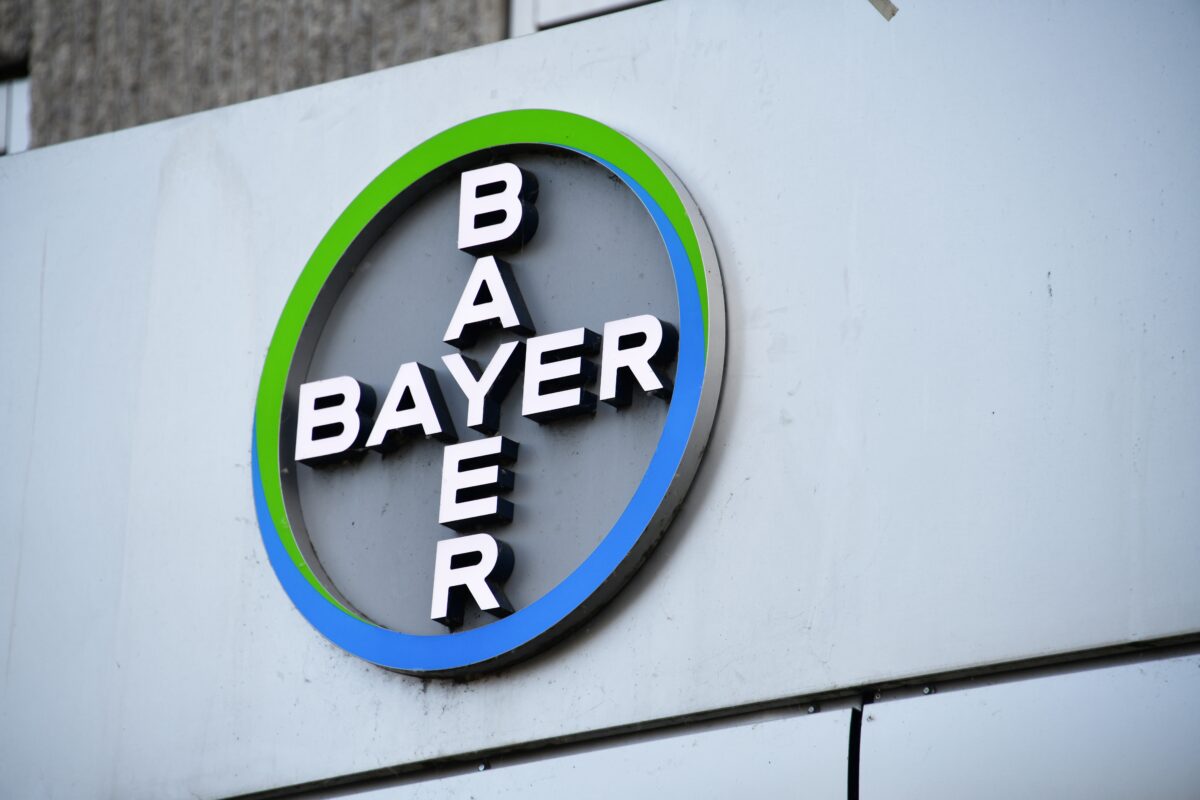GSK’s anti-TIM-3 monoclonal antibody cobolimab has not achieved its primary goal in the Phase III COSTAR Lung trial for advanced non-small cell lung cancer (NSCLC).
The Phase III study examined cobolimab combined with Jemperli (dostarlimab) and docetaxel, as well as a two-drug regimen of dostarlimab and docetaxel, in patients who had experienced disease progression after previous immuno-oncology treatment.
Neither combination improved overall survival compared to docetaxel alone.
What Is NSCLC: Prevalent and Lethal
NSCLC is a type of lung cancer that develops in the lung tissues, most often as adenocarcinoma, squamous cell carcinoma or large cell carcinoma. Smoking is the main risk factor, and symptoms may include a persistent cough, shortness of breath and chest pain.
It accounts for about 87% of all lung cancer cases in the US, with an estimated 226,650 new lung cancer diagnoses expected in 2025. Despite advances in treatment, lung cancer remains the leading cause of cancer deaths, responsible for about one in five cancer-related deaths each year.
XTALKS WEBINAR: Unlocking Oncology Pipelines with Next-Gen AI and Functional Data
Live and On-Demand: Wednesday, September 3, 2025, at 11am EDT (5pm CEST/EU-Central)
Register for this free webinar to learn how functional multi-omic data and AI integration can accelerate cancer target discovery.
What Is Cobolimab: Significance and Mechanism of Action
Cobolimab is meant to adjust immune responses in cancer by targeting TIM-3, a checkpoint receptor present on various immune cells such as T cells, natural killer cells and dendritic cells.
TIM-3 is associated with immune suppression and T-cell exhaustion. Blocking TIM-3, especially with PD-1 inhibition, may help restore antitumor activity.
Besides NSCLC, TIM-3 overexpression occurs in cancers like melanoma, gastric, liver, colorectal and head and neck cancers, often linked to advanced disease or worse outcomes.
In NSCLC, TIM-3 is often found on both CD4+ and CD8+ tumor-infiltrating lymphocytes. Its presence correlates with lymph node spread, more advanced disease stages and shorter overall survival. Research indicates that TIM-3 is frequently co-expressed with other inhibitory receptors such as PD-1, CTLA-4 and LAG-3, which together relate to reduced T-cell function and disease progression.
GSK reported that all treatments in COSTAR Lung were well tolerated, with side effects matching the known safety profiles of docetaxel and immune checkpoint inhibitors. The company has not shared data on secondary goals, including objective response rate, progression-free survival or duration of response.
GSK acquired cobolimab through its $5.1 billion purchase of Tesaro, a US-based oncology-focused biopharma company, in 2018.
Related: Zegfrovy Gets FDA Nod as New Oral Option After Chemo for EGFR Ex20Ins NSCLC
What’s Next for GSK and the NSCLC Market
Although cobolimab is no longer being developed for NSCLC, it is still part of GSK’s pipeline, undergoing mid-stage development for other uses, including liver cancer, cervical cancer and melanoma.
GSK maintains its momentum in oncology by agreeing to acquire Boston-based IDRx for up to $1.15 billion early this year. The deal brings IDRX-42, a selective KIT tyrosine kinase inhibitor for gastrointestinal stromal tumors (GIST) designed to target all key KIT mutations linked to disease progression and treatment resistance. GSK plans to advance the therapy in 2025 as part of its gastrointestinal oncology portfolio.
NSCLC is one of the largest oncology markets, projected to reach $56.5 billion across the US, France, Germany, Italy, Spain, the UK and Japan by 2032.
According to DelveInsight’s report on Non-Small-Cell Lung Cancer – Pipeline Insight, 2025, over 100 companies are advancing more than 120 active candidates for NSCLC across all development stages.
Late-stage programs include Merck’s personalized mRNA-based cancer vaccine in Phase III and Qilu Pharmaceutical’s bifunctional antibody targeting PD-1 and CTLA-4.
Other notable developments in mid- to early-stage include Merus’ zenocutuzumab (HER2/HER3-targeting) and Zymeworks’ ZW49, a bispecific HER2 antibody-drug conjugate.
If you want your company to be featured on Xtalks.com, please email [email protected].












Join or login to leave a comment
JOIN LOGIN